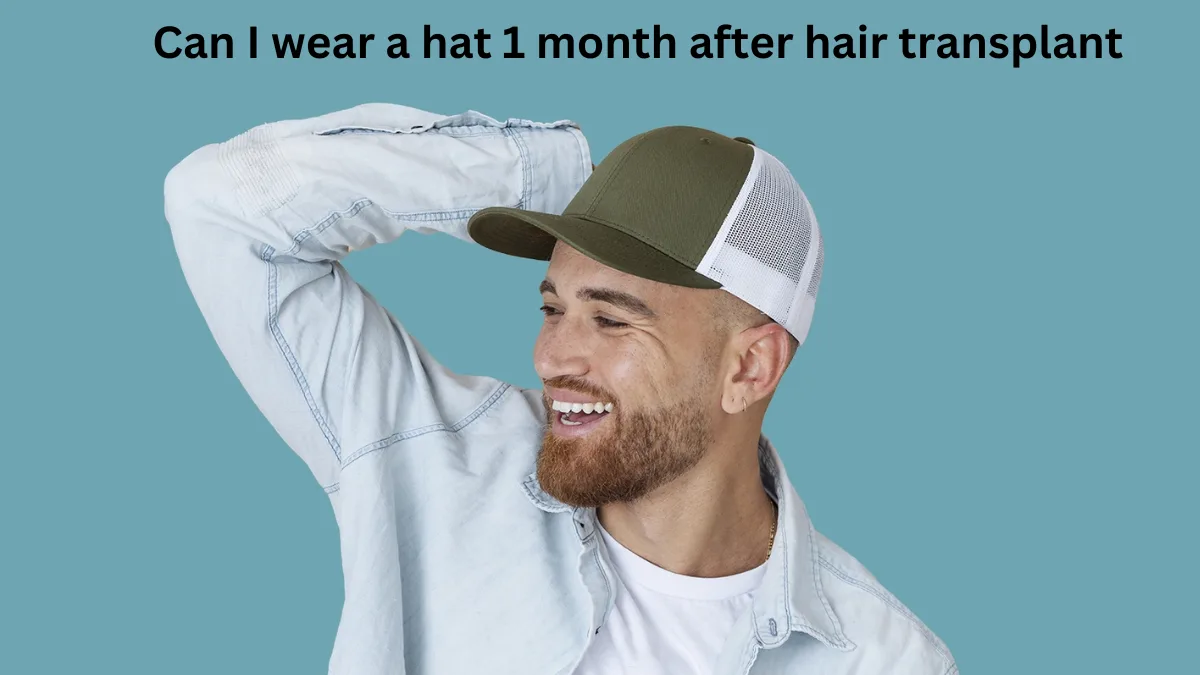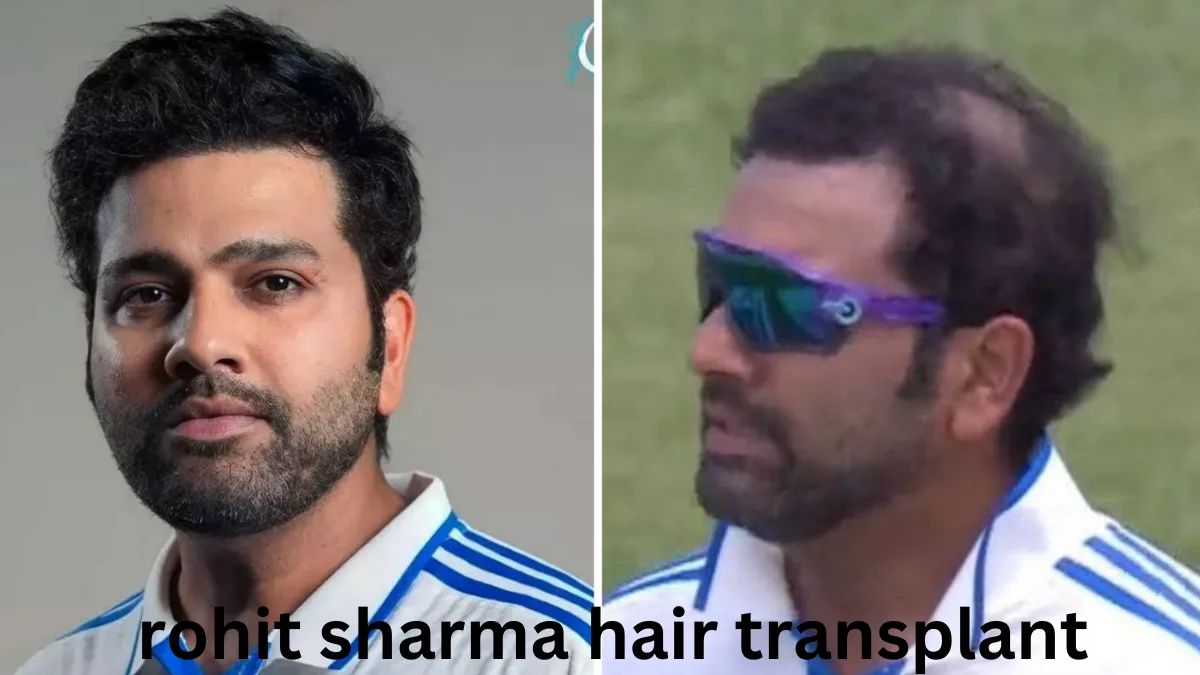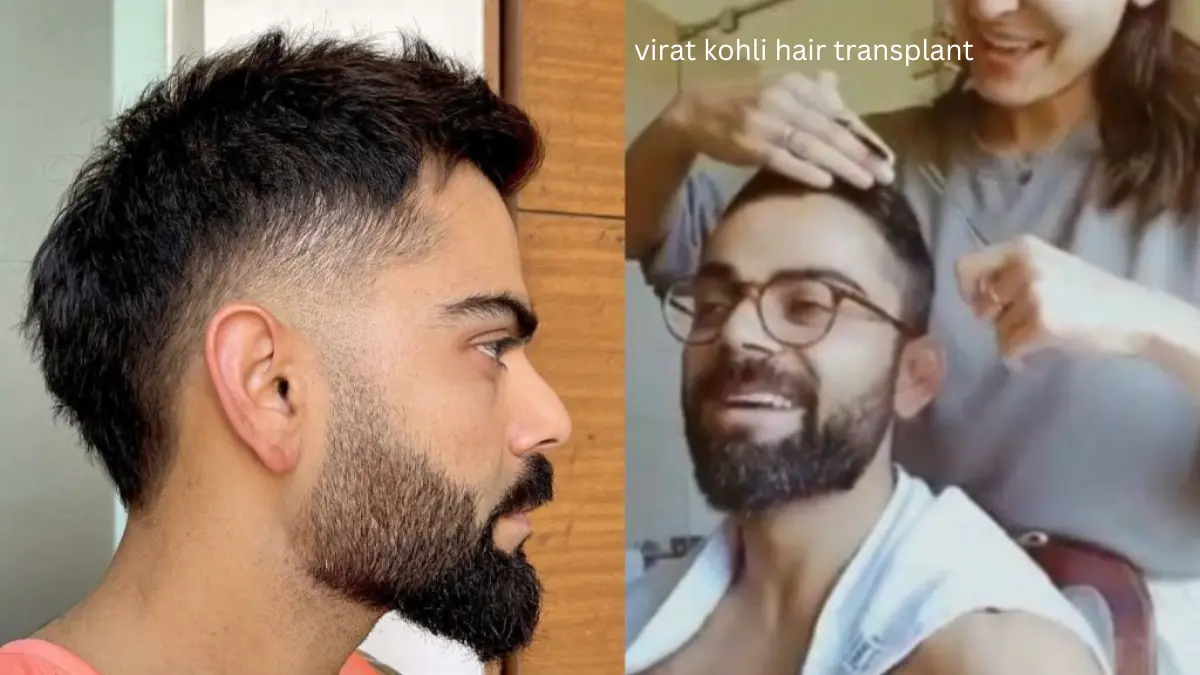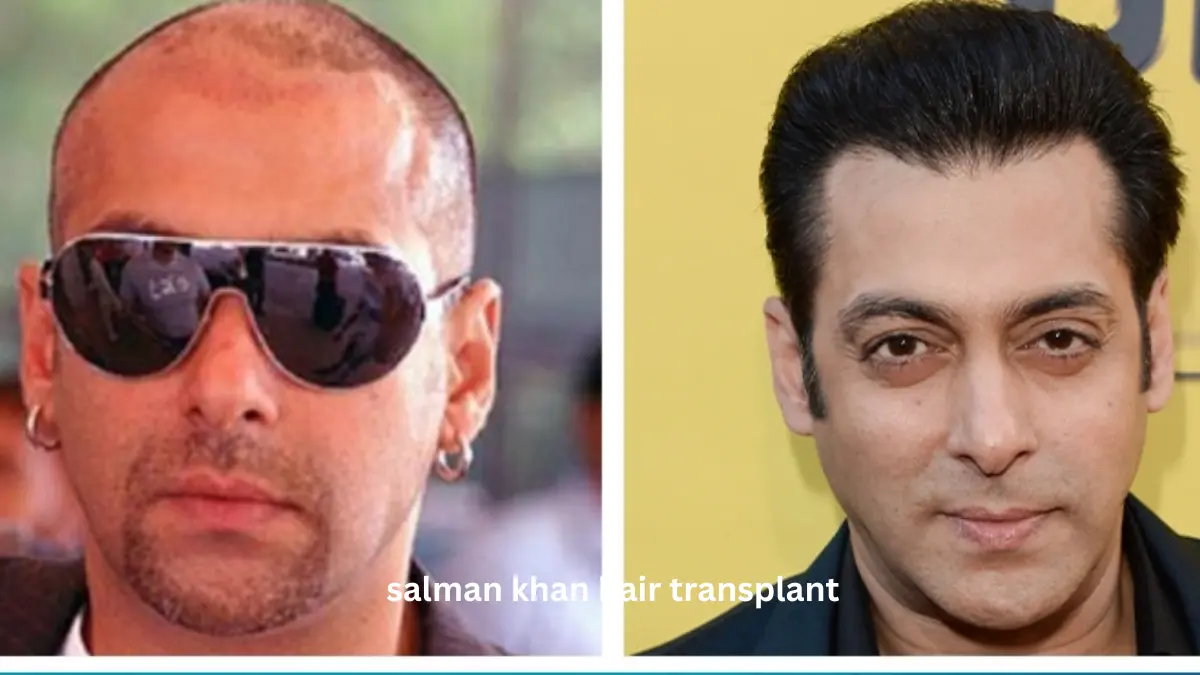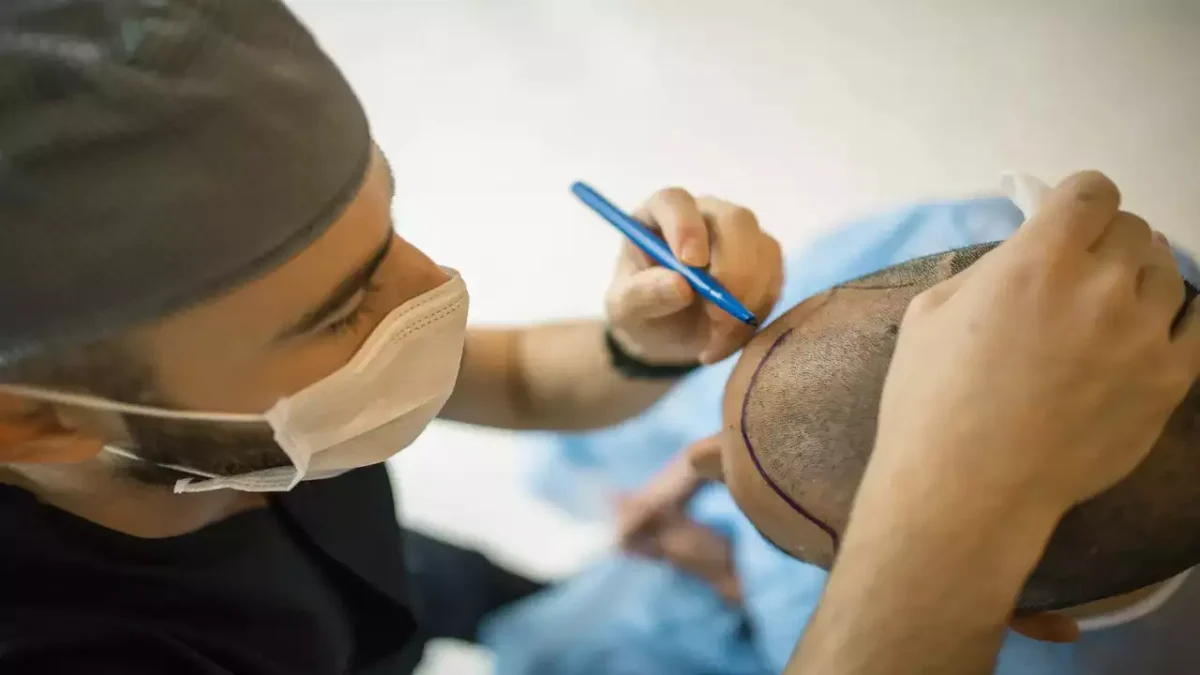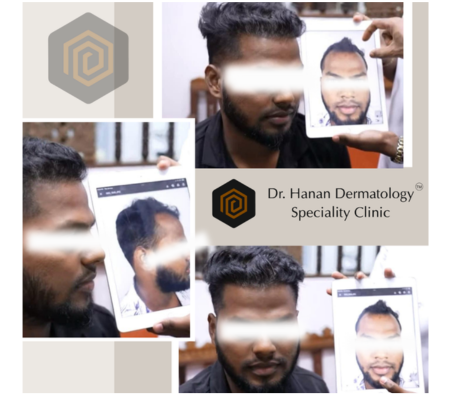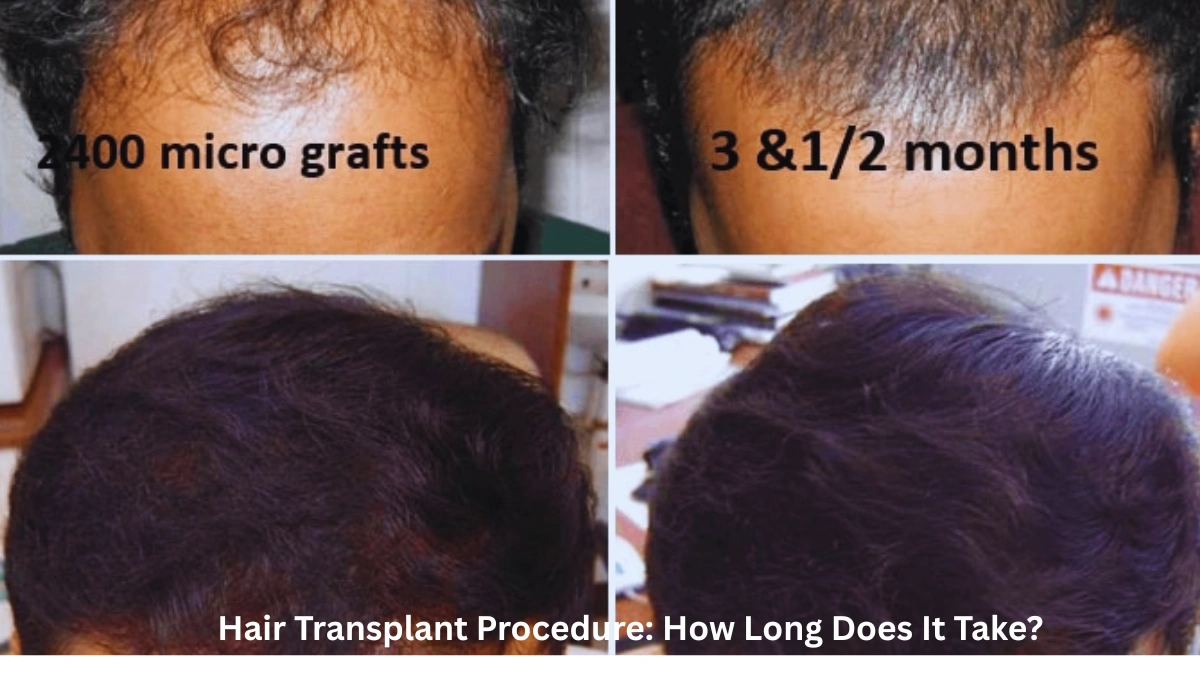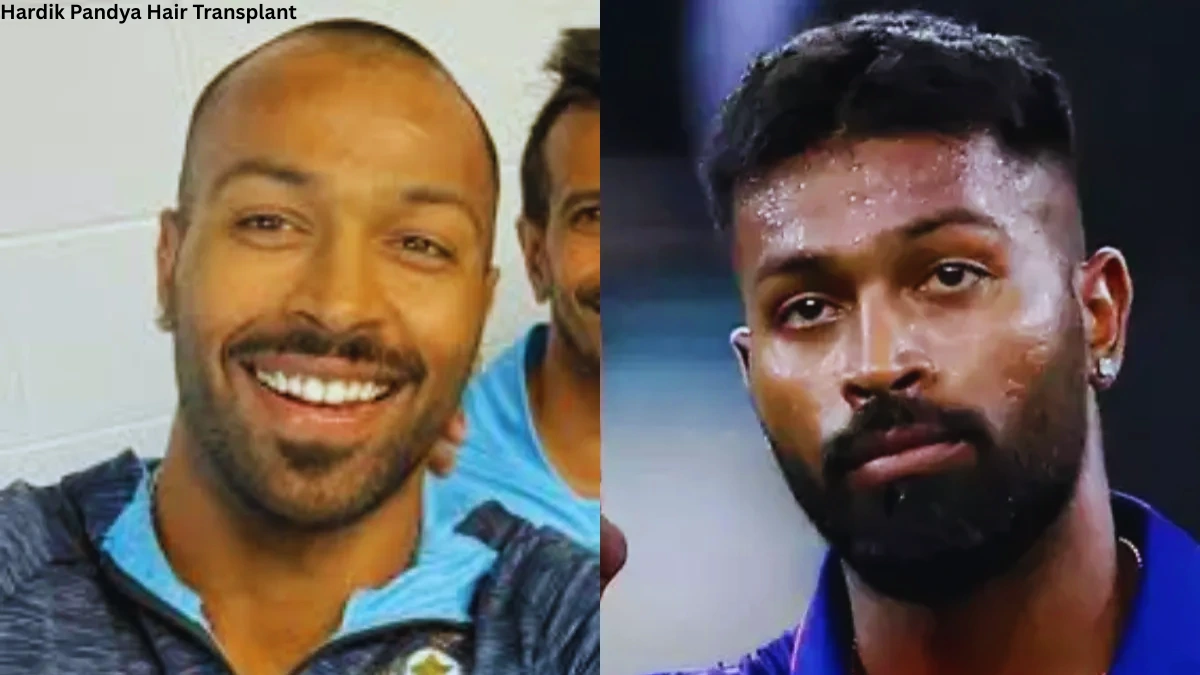Explore Virat Kohli hair transplant journey, expert insights, FUE technique, graft estimates & before-after results. Learn from a celebrity case study.
Female Hair Transplant Cost – Dr. Hanan Dermatology Speciality Clinic, Chennai
Female Hair Transplant Cost – Dr. Hanan Dermatology Speciality Clinic, Chennai
Learn about the cost of female hair transplant and how it offers permanent, natural-looking hair restoration. Get expert, dermatologist-led treatment at Dr. Hanan Dermatology Speciality Clinic, Chennai.
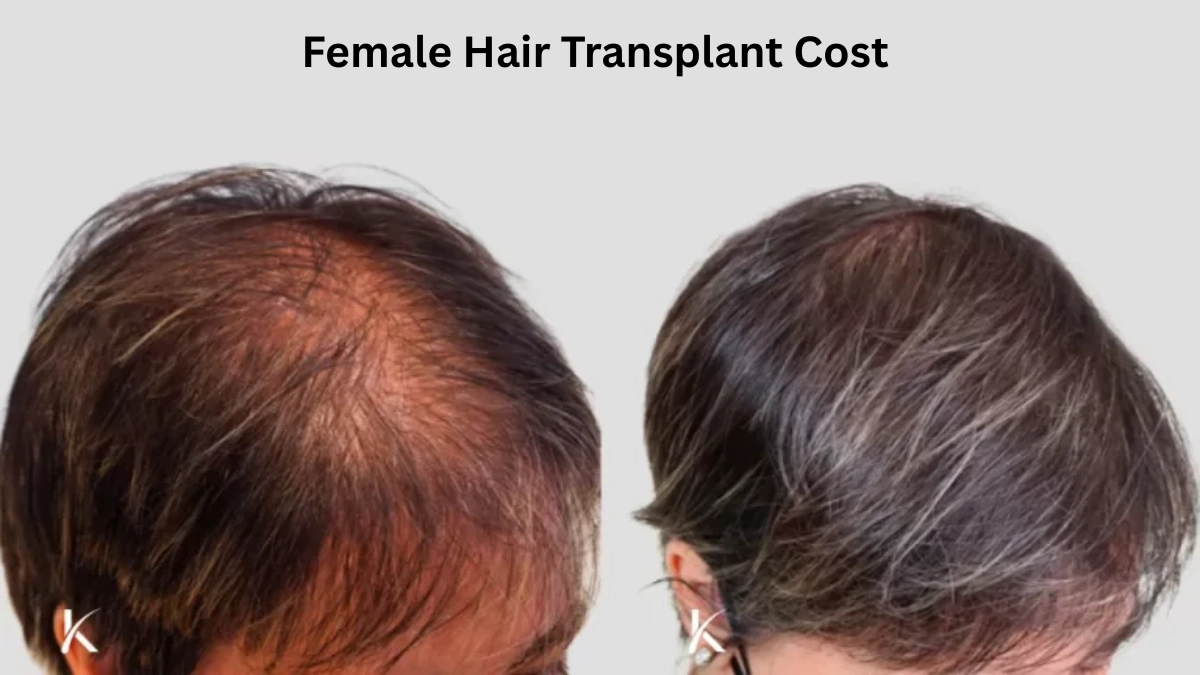
Female Hair Transplant Cost: Hair loss affects millions of women worldwide, impacting not just appearance but also confidence and self-esteem. Fortunately, female hair transplant offers a permanent, natural-looking solution. If you are considering this treatment in Chennai, understanding the cost factors, benefits, and clinic options is essential. At Dr. Hanan Dermatology Speciality Clinic, we provide expert, affordable hair restoration with personalized care.
Unlike male hair restoration, female hair transplant procedures require a highly customized approach, making expert evaluation and technique selection crucial for success.
Factors Affecting Female Hair Transplant Cost
The price of a female hair transplant varies depending on several factors:
Number of grafts required: More grafts increase the overall cost.
Technique used: FUE (Follicular Unit Extraction) is preferred for women due to minimal scarring, while FUT (Strip Method) may be considered in select cases.
Clinic reputation and surgeon expertise: Experienced dermatologists ensure natural results and safety.
Donor area quality: Healthy donor hair ensures successful graft growth.
Complexity of hair loss pattern: Diffuse thinning, scarring, or eyebrow restoration may require specialized planning.
Additional treatments: PRP therapy, Minoxidil, and other post-care treatments can influence overall cost.
Typical Price Range for Female Hair Transplant in Chennai
he cost per graft in Chennai typically ranges from ₹35 to ₹70, depending on the clinic, surgeon experience, and procedure type.
At Dr. Hanan Dermatology Speciality Clinic, we provide transparent pricing with inclusive packages that cover consultation, procedure, and post-care, ensuring value without compromising safety or results.
Why Cost Shouldn’t Be the Only Factor
While affordability is important, selecting a hair transplant clinic based solely on price can be risky. High-quality procedures require:
Experienced dermatologists and surgeons
Advanced, safe techniques
Proper post-procedure care
Natural-looking results
Investing in a certified clinic like Dr. Hanan Dermatology Speciality Clinic ensures long-term satisfaction and permanent hair restoration.
Payment Options & Packages
To make hair transplant accessible, Dr. Hanan Clinic offers:
Full payment or installment options
Inclusive packages that cover consultation, scalp analysis, procedure, and follow-up care
Transparent, upfront pricing with no hidden charges
Cost vs Benefits of Female Hair Transplant
A female hair transplant is more than a cosmetic procedure—it is an investment in confidence and well-being. Key benefits include:
Permanent hair restoration
Natural hairline and density
Psychological and social benefits from restored confidence
Reduced reliance on temporary hair loss solutions
Tips to Save Costs Without Compromising Quality
Early intervention: Addressing hair loss early reduces the number of grafts needed.
Combine treatments: PRP therapy alongside hair transplant improves efficiency and results.
Avoid unlicensed clinics: Low-cost procedures may lead to poor results or complications.
How to Get a Personalized Quote at Dr. Hanan Clinic
Book a consultation to discuss your hair loss concerns.
Scalp analysis to assess donor area and thinning regions.
Custom treatment plan with detailed cost breakdown.
This ensures you know exactly what to expect in terms of procedure, results, and pricing.
Recovery & Aftercare
Mild scabbing and redness for 7–10 days
Gentle hair washing as advised by the dermatologist
Return to work within a few days
Avoid strenuous exercise for 2–3 weeks
Following aftercare instructions is vital for optimal graft survival.
FAQs
1. What is the average cost of a female hair transplant in Chennai?
The cost typically ranges from ₹35 to ₹70 per graft, depending on the technique, number of grafts, and clinic expertise.
2. Does the number of grafts affect the overall cost?
Yes, the more grafts required, the higher the total cost, as it involves more procedure time and resources.
3. Are there any hidden charges?
No. At Dr. Hanan Dermatology Speciality Clinic, all charges are transparent, including consultation, procedure, and post-care.
4. Does Dr. Hanan Clinic offer payment plans or packages?
Yes, the clinic provides flexible payment options and all-inclusive packages to make treatment affordable and convenient.
5. How is the cost justified?
Costs reflect expert dermatologist care, advanced techniques, natural-looking results, and personalized post-procedure support.
6. Can women with diffuse thinning or scarring undergo hair transplant?
Yes, with FUE techniques, women with diffuse thinning or scalp scars can achieve natural density and coverage.
7. Are additional treatments included in the cost?
Packages may include PRP therapy, topical medications, and follow-up consultations, ensuring better outcomes.
8. Is the procedure permanent?
Yes, transplanted hair is permanent, but maintaining overall hair health may require supportive treatments like Minoxidil or PRP.
Table of Contents
Female Baldness Treatment in Chennai: Price, Options & Expert Care
Female Baldness Treatment in Chennai: Price, Options & Expert Care
Discover the key benefits of female baldness treatment in Chennai for healthy, natural-looking hair restoration. Get expert, dermatologist-led care at Dr. Hanan Dermatology Speciality Clinic.
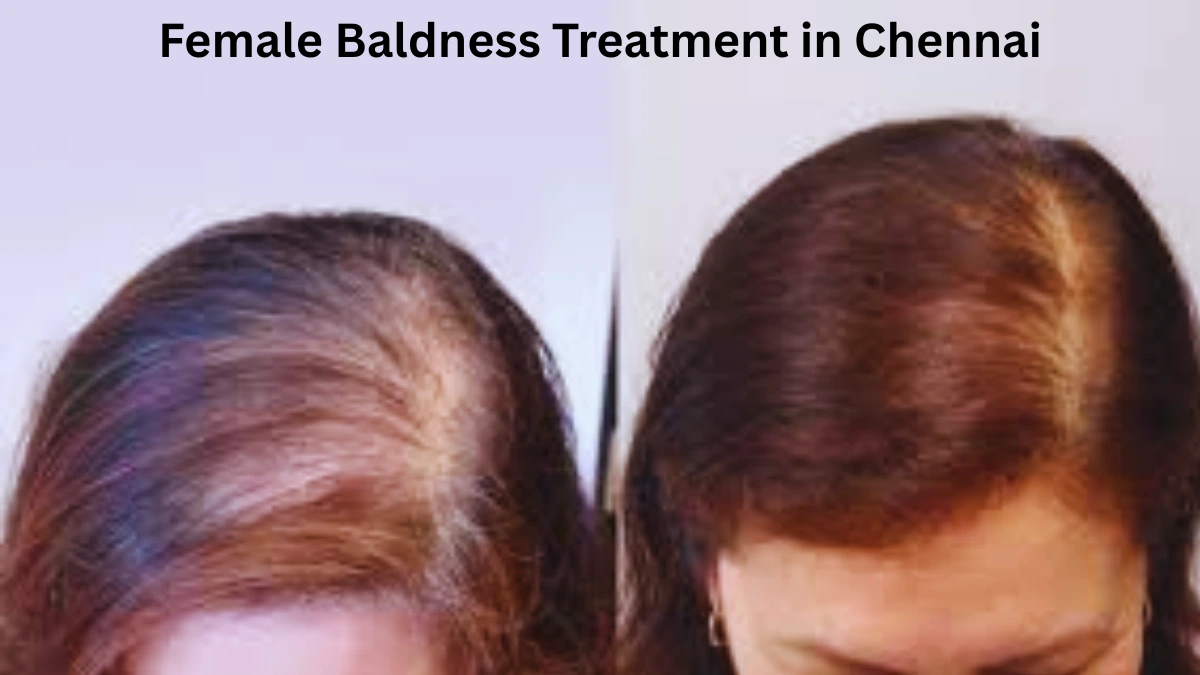
Female Baldness Treatment in Chennai: Female hair loss is more common than many realize and can deeply affect confidence and emotional well-being. The good news is that advanced female baldness treatments in Chennai now offer safe, effective, and affordable solutions tailored to different stages of hair loss. At Dr. Hanan Dermatology Speciality Clinic, women receive dermatologist-led, customized hair restoration treatments using FDA-approved technologies.
This guide explains female baldness treatment prices in Chennai, available options, factors affecting cost, and how to choose the right treatment.
What Is Female Baldness?
Female baldness, medically known as female pattern hair loss (FPHL) or alopecia, is characterized by:
Diffuse thinning over the crown
Widening of the hair part
Reduced hair density rather than complete bald patches
Common causes include:
Hormonal imbalance (PCOS, menopause)
Genetics
Nutritional deficiencies
Stress and lifestyle factors
Medical conditions or post-pregnancy hair fall
Early diagnosis by a qualified dermatologist is key to effective treatment.
Female Baldness Treatment Options in Chennai
At Dr. Hanan Dermatology Speciality Clinic, treatment plans are personalized based on hair loss severity, scalp health, and medical history.
1. PRP Therapy (Platelet-Rich Plasma)
PRP uses growth factors from your own blood to stimulate hair follicles.
Best for: Early to moderate hair thinning
Sessions: 4–6
Results: Reduced hair fall, improved density
2. GFC Therapy (Growth Factor Concentrate)
An advanced version of PRP with higher growth factor concentration.
Best for: Hormonal and chronic hair loss
Sessions: 4–6
Results: Faster regrowth and stronger hair shafts
3. Laser Hair Therapy
Low-level laser therapy improves blood circulation and follicle activity.
Best for: Maintenance and early-stage hair loss
Results: Supports regrowth when combined with PRP/GFC
4. Microneedling for Hair
Creates micro-channels in the scalp to boost absorption of growth serums.
Best for: Enhancing topical treatment results
Results: Improved scalp health and follicle activation
5. Topical & Medical Treatments
Includes dermatologist-prescribed solutions like Minoxidil and supplements.
Best for: Mild hair fall and prevention
Results: Slows hair loss and maintains existing hair
6. Hair Transplant (FUE Method)
A permanent solution for advanced female baldness.
Best for: Severe hair thinning or bald areas
Results: Natural, long-lasting hair restoration
Female Baldness Treatment Price in Chennai
Here is a clear price guide based on typical Chennai clinics:
| Treatment Type | Price Range |
|---|---|
| PRP Therapy | ₹4,000 – ₹8,000 per session |
| GFC Therapy | ₹5,000 – ₹15,000 per session |
| Laser Therapy | ₹3,000 – ₹5,000 |
| Microneedling | ₹4,000 – ₹6,000 |
| Topical Solutions | ₹2,000 – ₹5,000 per month |
| Hair Transplant (FUE) | ₹30,000 – ₹90,000+ |
Factors That Influence Female Baldness Treatment Cost
Several elements determine the final treatment price:
Severity & Cause of Hair Loss – Advanced cases cost more
Number of Sessions Needed – Package plans are more economical
Clinic Expertise – Dermatologist-led clinics ensure safer outcomes
Technology Used – FDA-approved kits and advanced devices may increase cost
Combination Treatments – PRP + GFC or Laser therapy improves results
Why Choose Dr. Hanan Dermatology Speciality Clinic?
Dr. Hanan Clinic stands out as a trusted female hair loss treatment clinic in Chennai due to:
Dermatologist-led diagnosis & treatment
FDA-approved PRP & GFC kits
Personalized treatment plans for women
Affordable pricing & value packages
Advanced hair transplant techniques (FUE)
High standards of hygiene & safety
Expert Recommendation
For best results:
Start treatment early
Avoid self-medication
Choose clinics with certified dermatologists
Opt for combination therapies if recommended
Follow post-treatment care strictly
An in-person consultation helps determine the exact treatment cost and expected results.
FAQs
1. What is the average cost of female baldness treatment in Chennai?
The cost varies depending on treatment type: PRP (₹4,000–₹8,000/session), GFC (₹5,000–₹15,000/session), Laser Therapy (₹3,000–₹5,000), Microneedling (₹4,000–₹6,000), Topical Solutions (₹2,000–₹5,000/month), and Hair Transplant (₹30,000–₹90,000+).
2. How many sessions are usually required?
Non-surgical treatments like PRP or GFC typically require 4–6 sessions for visible results. Packages may offer cost savings.
3. Is hair transplant necessary for all cases of female baldness?
No. Mild to moderate hair thinning can often be managed with PRP, GFC, or topical treatments. Hair transplant is recommended for severe bald areas or advanced hair loss.
4. Are the results of treatment permanent?
Transplanted hair is permanent. Non-surgical treatments like PRP, GFC, or medications support existing hair and slow hair loss, but ongoing maintenance may be needed.
5. Does Dr. Hanan Dermatology Speciality Clinic offer packages or financing?
Yes. The clinic provides inclusive packages and flexible payment options to make treatment affordable.
6. How do I choose the right treatment?
A dermatologist will assess your scalp, hair loss pattern, and health to recommend a personalized plan, combining non-surgical or surgical treatments as needed.
7. Are the treatments safe for women?
Yes. All procedures at Dr. Hanan Clinic are performed by qualified dermatologists using FDA-approved kits and safe techniques.
Ready for Permanent Hair Restoration?
Wondering if a hair transplant is permanent? Book a consultation with our specialists and get personalized guidance for long-lasting results!
Table of Contents
Can I Wear a Hat 1 Month After Hair Transplant?
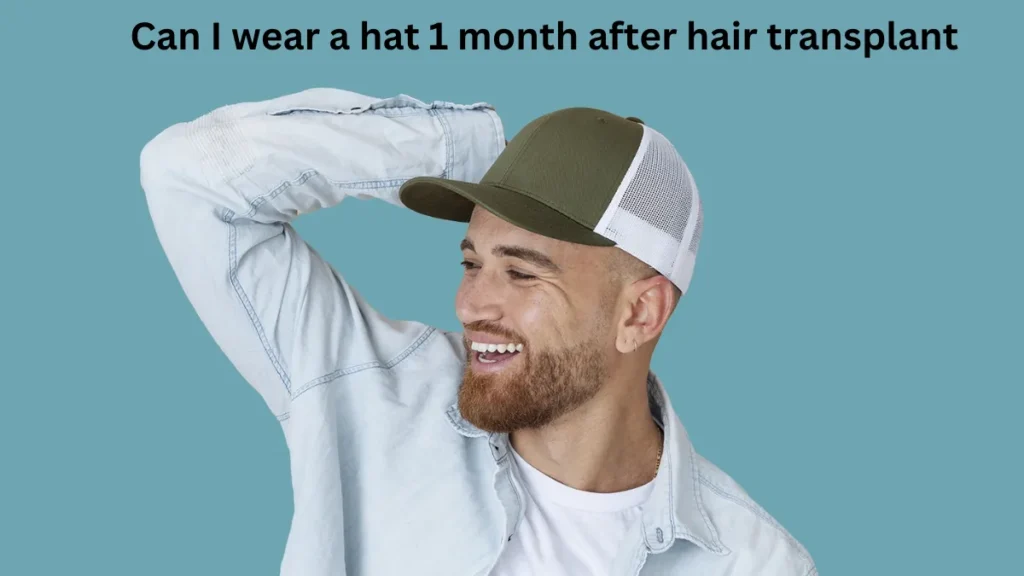
Can I Wear a Hat 1 Month After Hair Transplant: Hair transplants are a life-changing procedure for many individuals seeking to restore their hairline and confidence. However, the post-surgery period can raise a lot of questions. One common concern is whether it’s safe to wear a hat one month after a hair transplant. Let’s explore this topic in detail and provide the necessary information to ensure you’re taking care of your scalp while sporting a hat.
Book Your Consultation Today
Visit Dr. Hanan Dermatology Specialty Clinic in Padur, OMR, Chennai. Schedule your consultation today and start your journey to fuller, healthier hair.
For more information and to book your appointment, visit our clinic or call us at the clinic’s contact details.
Understanding Hair Transplants
A hair transplant is a procedure in which hair follicles are transferred from a donor area (usually the back of the head) to a thinning or balding area. It is typically done in two main stages: follicular unit extraction (FUE) or follicular unit transplantation (FUT). The recovery process involves careful attention to prevent graft dislodgement and infection during the early healing phase.
In the first month following your hair transplant, your scalp goes through significant healing. While most of the transplanted follicles are still “settling” into place, by the end of the first month, they are typically secure enough to withstand normal activities, including wearing a hat.
When is it Safe to Wear a Hat After a Hair Transplant?
While it’s generally recommended to avoid wearing a hat in the first few weeks, after one month, you can start wearing one again—provided certain precautions are taken.
Typically, hair grafts are stable enough to withstand the pressure of a hat at the one-month mark. However, always consult your surgeon for personalized advice. The grafts will have adhered to the scalp by then, reducing the risk of them being dislodged. It’s important to follow your doctor’s post-surgery instructions, as each case might differ based on your unique healing process.
Choosing the Right Hat
Not all hats are created equal, and when it comes to post-transplant care, choosing the right type of hat is crucial to prevent irritation and promote healing. Here are some hat selection tips:
- Opt for a Loose, Breathable Hat: Choose hats that aren’t too tight around the scalp. A hat that fits loosely will prevent any unnecessary pressure on the grafts, which could interfere with the healing process.
- Soft, Non-Irritating Materials: Go for soft hats made of natural materials such as cotton. These fabrics are gentle on the skin and less likely to cause friction that could irritate the scalp or disrupt the transplanted hair.
- Avoid Tight or Restrictive Hats: Avoid wearing hats that are too tight or made of materials that don’t allow your scalp to breathe. Tight hats can lead to irritation, and pressure on the grafts can cause discomfort or affect their growth.
Scalp Care While Wearing a Hat
Wearing a hat while recovering from a hair transplant requires extra attention to hygiene and scalp care. Here are some important scalp care tips:
- Hygiene: Make sure to keep your hat clean. Dirty hats can harbor bacteria, which increases the risk of infection. Wash your hat regularly to ensure it stays fresh.
- Avoid Excessive Friction: When wearing a hat, try to avoid rubbing the scalp too much. Friction from the hat can damage the delicate healing tissue and grafts.
- Sun Protection: If you plan on going outdoors, protect your scalp from sun exposure. While wearing a hat can shield your scalp from the sun, it’s still important to use sunscreen or wear a hat with a broad brim to avoid any UV damage to the healing scalp.
Signs to Watch for
It’s essential to be cautious and watch for signs of irritation, infection, or other complications. Here’s when you should avoid wearing a hat:
- Signs of Infection or Irritation: If you notice redness, swelling, or irritation, remove the hat immediately and consult your surgeon. Wearing a hat on an inflamed or irritated scalp could exacerbate the condition.
- Scalp Sensitivity: If your scalp is still sensitive or painful at the one-month mark, it might be better to wait a little longer before wearing a hat regularly.
Other Post-Transplant Tips
In addition to wearing a hat, here are a few other post-transplant tips to ensure a successful recovery:
- Avoid Strenuous Physical Activity: After your hair transplant, avoid any heavy exercise or strenuous activities that could cause excessive sweating or strain on the scalp until your surgeon clears you.
- Proper Shampooing: Continue using a mild shampoo to wash your scalp gently, avoiding harsh products that could irritate the transplanted area.
- Patience is Key: Hair transplants take time to fully show results. Be patient and allow your hair to grow naturally without expecting instant results.
Conclusion
Can I Wear a Hat 1 Month After Hair Transplant and Wearing a hat one month after a hair transplant is generally safe, but it’s essential to follow some key guidelines. Choose loose, breathable hats, avoid tight-fitting ones, and maintain proper scalp hygiene. Watch for signs of infection or irritation, and consult your surgeon if you have concerns. The healing process can be slow, but with patience and care, you’ll soon be able to wear your favorite hats without any worries.
Remember, your confidence matters, and post-transplant care plays a crucial role in achieving the best results. If in doubt, always check with your surgeon for advice tailored to your unique situation.
Rohit Sharma Hair Transplant – Speculation or Reality?
Rohit Sharma, the Indian cricket superstar, is widely known for his explosive batting and remarkable leadership on the field. Over the years, fans and media have noticed a significant change in his hairline, leading to speculation about whether he has undergone a hair transplant. While the cricketer has not publicly addressed these rumors, the discussion continues to grow, fueled by visual comparisons and the rising trend of hair transplants among celebrities. In this article, we explore the speculation surrounding Rohit Sharma’s hair transplant and the broader trend of hair restoration in sports and entertainment.
Book Your Consultation Today
Visit Dr. Hanan Dermatology Specialty Clinic in Padur, OMR, Chennai. Schedule your consultation today and start your journey to fuller, healthier hair.
For more information and to book your appointment, visit our clinic or call us at the clinic’s contact details.
The Speculation Around Rohit Sharma’s Hair Transplant
The buzz around Rohit Sharma’s potential hair transplant started when fans began comparing his older pictures with recent ones. Many believe that his hairline appears denser and more defined, suggesting a possible hair restoration procedure. While hair loss is a natural phenomenon for many individuals, including athletes, the noticeable transformation in Rohit’s hair has led to widespread curiosity.
Social media discussions and forums have been abuzz with before-and-after comparisons, leading many to believe that he might have opted for a hair transplant. However, without official confirmation, this remains purely speculative.
No Official Confirmation
Despite the ongoing discussions, Rohit Sharma has never publicly confirmed or denied undergoing a hair transplant. Unlike some celebrities who openly discuss their cosmetic procedures, Rohit has maintained silence on this matter. This highlights an important aspect of personal privacy, as individuals, even public figures, have the right to keep such choices undisclosed.
The Rise of Hair Transplants Among Celebrities and Athletes
Hair transplants have become increasingly popular among celebrities, athletes, and influencers due to their high success rates and natural-looking results. In a profession where public image plays a crucial role, many stars opt for hair restoration to maintain a youthful appearance.
Several sports personalities, including Virender Sehwag and Gautam Gambhir, have openly undergone hair transplants. The pressure of media attention and brand endorsements often pushes public figures to enhance their appearance, making such procedures common in the industry.
Understanding Hair Transplant Procedures
Hair transplantation is a medical procedure that involves transferring hair follicles from a donor area (usually the back of the scalp) to areas experiencing hair loss. The most common techniques include:
- Follicular Unit Extraction (FUE): Individual hair follicles are extracted and implanted, resulting in minimal scarring.
- Follicular Unit Transplantation (FUT): A strip of hair-bearing skin is removed, and individual follicles are transplanted.
These procedures have advanced significantly, offering natural and long-lasting results with minimal downtime.
FAQs
1. Did Rohit Sharma undergo a hair transplant?
There is no official confirmation from Rohit Sharma about undergoing a hair transplant. However, fans and experts speculate that he might have had a procedure due to visible changes in his hair density over the years.
2. What kind of hair transplant procedure might he have opted for?
If he did undergo a transplant, he may have chosen the FUE (Follicular Unit Extraction) method, which is a common and minimally invasive technique among celebrities.
3. When did Rohit Sharma’s hair transformation become noticeable?
People started noticing a difference in his hairline and density around the mid to late 2010s, leading to speculation about a possible hair restoration treatment.
4. Why do celebrities, including cricketers, opt for hair transplants?
Public figures like cricketers are constantly in the limelight, and their appearance matters for endorsements, media appearances, and personal confidence. Hair transplants help maintain a youthful look.
5. How much does a hair transplant cost in India?
The cost of a hair transplant in India varies based on the clinic, surgeon expertise, and the number of grafts required. On average, it can range between ₹50,000 to ₹4,00,000.
6. Can a hair transplant affect an athlete’s performance?
No, a properly done hair transplant does not impact an athlete’s performance. The recovery period is short, and most athletes resume training within a few weeks.
7. What are some other Indian cricketers rumored to have undergone hair transplants?
Apart from Rohit Sharma, cricketers like Virender Sehwag, Sourav Ganguly, Gautam Gambhir, and Harsha Bhogle have also been rumored to have undergone hair restoration treatments.
8. What are some natural alternatives to hair transplants?
Some alternatives include PRP (Platelet-Rich Plasma) therapy, Minoxidil, Finasteride, and a healthy diet rich in biotin and proteins to promote hair growth.
Virat Kohli Hair Transplant: Expert Analysis
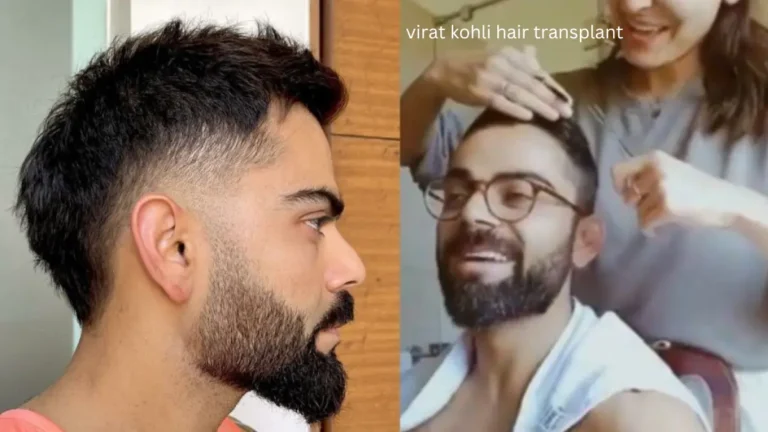
Virat Kohli is not only a cricket icon, but also a style inspiration for millions of people. The changes that have been decorated over the years have given rise to many conversations, especially about his hair. In this blog, we dive deeply in the discussion around Virat Kohli Hair Transplant, checking facts, experts and techniques that may have contributed to his hair makeover.
Who is Virat Kohli?
Virat Kohli is one of the most successful and recognized cricketers in the world. Kohli, a former captain of the Indian national team, is known for his aggressive batting style, unmatched stability, and charismatic appearance and both. Beyond cricket, he admits to develop his fitness, fashion sense and personal style – including his hair.
Virat Kohli’s Hair Loss Journey
Like many men in his 20 and 30s, Kohli allegedly experienced male pattern baldness, mainly affecting their hairline and temples. Fans saw a change in the density of their hair, speculation about the hair being thin. Despite this, Kohli maintained a well -designed appearance with a hairstyle, which cleverly disrupts thin areas.ohli, a former captain of the Indian national team, is known for his aggressive batting style, unmatched stability, and charismatic appearance and both. Beyond cricket, he admits to develop his fitness, fashion sense and personal style – including his hair.
Did He Really Get a Hair Transplant?
While there is no official confirmation, experts and supervisors strongly believe that Virat Kohli did a hair transplant. Their attention is to be noted, which includes a more defined hairline and full crown, indicating a well -executed process. Hair transplants are common among famous celebrities, and Kohli’s case is widely considered a successful example.
Which Hair Transplant Method Did He Choose?
Based on expert analysis, it is likely that Kohli chose for the Fue (follicular unit extraction) method. This modern technology involves extracting separate hair follicles from a donor area (usually behind the skull) and transplanting them into thin or balding areas. Fue is favored by its minimal scarring, natural looking results and low recovery time-it is making a favorite option among celebrities.
How Many Grafts Were Transplanted?
While there is no official confirmation from Virat Kohli or his team about the specifics of the process, hair transplant experts estimate that they will have received around 2,000 to 3,000 grafts. This estimate is based on noticeable improvement in their frontal hairline and overall hair density.
Typically, a graft has 1 to 4 hair follicles. For a person like Kohli – who needs moderate improvements mainly in frontal and temple zones – this range of grafts would be sufficient to achieve a natural, full look, which is seen in its recent public appearances.
Cost of Virat Kohli’s Hair Transplant
While the accurate cost of Kohli’s hair transplant is unknown, based on similar high-end processes in India, the number of grafts and the reputation of the clinic, may range from 2,00,000 to ₹ 5,00,000 or more. Given their position and the quality of the result, it is likely that Kohli chose a premium hair restoration center.
Celebrity Hair Transplants: A Growing Trend
Virat Kohli is included in the list of celebrities like Salman Khan, Akshay Kumar, and others who have allegedly done hair transplants. These changes highlight how accessible and effective modern hair restoration techniques have become – not only for celebrities, but also to gain confidence for anyone.
Expert Opinion: Why FUE Works
The FUE method remains one of the most recommended options by dermatologists and trichologists. It does not leave no linear scars, a quick recovery time, and allows for accurate, natural looking results. For public figure like Kohli, these benefits are important.
Before and After: Virat Kohli’s Hair Transformation
For the recent appearance compared to photos from early 2010, there is a clear difference between Virat’s hair density and line-up. Their current hairstyle looks natural, well mixed, and adds their sharp appearance to a testament for skills behind the process.
Final Thoughts
Virat Kohli’s transformation is not just about looks – it is about confidence and grooming. Whether you are a fan or a child transplant options, their journey provides valuable insight into modern hair restorations.
If you are considering a hair transplant and want professional guidance and natural looking results, visit Dr. Hanan Dermatology Specialty and Trichology Clinic-Your Reliable Destination for Specialist Hair Restoration Solutions.
Table of Contents
Salman Khan Hair Transplant
Salman Khan, one of Bollywood’s biggest superstars, has always been in the limelight, not only for his movies but also for his appearance. Over the years, fans and media have speculated about his hair transformation, leading to widespread discussions about his hair transplant. Given the importance of looks in the entertainment industry, many celebrities opt for hair restoration treatments, and Salman Khan is a prime example.
This article explores his hair transplant journey, the techniques used, and how it has influenced public perception.
Book Your Consultation Today
Visit Dr. Hanan Dermatology Specialty Clinic in Padur, OMR, Chennai. Schedule your consultation today and start your journey to fuller, healthier hair.
For more information and to book your appointment, visit our clinic or call us at the clinic’s contact details.
Signs of Hair Loss and Initial Speculations
In the early 2000s, Salman Khan’s receding hairline became a topic of discussion among fans and the media. Visible signs of hair thinning were noticeable in his films and public appearances, sparking rumors about possible hair loss treatments.
Possible Causes of Hair Loss:
- Genetics and hereditary factors
- Stress and lifestyle choices
- Aging-related hair thinning
Given his iconic status in Bollywood, maintaining a youthful appearance became crucial for his career, which likely led him to consider hair transplant solutions.
The First Hair Transplant Procedure
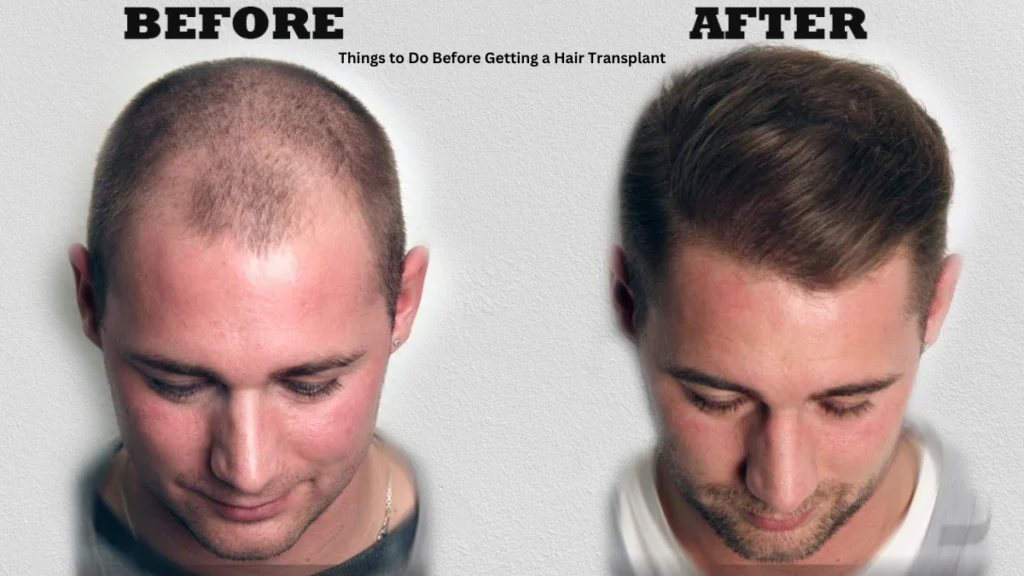
Reports suggest that Salman Khan underwent his first hair transplant in 2003, opting for the FUT (Follicular Unit Transplantation) technique.
How FUT Works:
- A strip of hair-bearing scalp is removed from the donor area (usually the back of the head).
- The strip is dissected into smaller follicular units.
- These units are implanted into the thinning areas of the scalp.
Challenges with FUT:
- Leaves a linear scar at the donor site
- Longer recovery time
- Results are not as natural as newer techniques
Though FUT provided an initial solution, visible scarring and limited density improvements prompted him to explore better alternatives.
Read more: Things to Do Before Getting a Hair Transplant
Transition to FUE for Better Results
After facing issues with FUT, Salman Khan reportedly switched to FUE (Follicular Unit Extraction) for his subsequent procedures.
Why FUE Was a Better Choice:
- Individual follicular units are extracted, leaving minimal scarring.
- Faster recovery time compared to FUT.
- More natural-looking results with better density.
Several reports suggest that he underwent multiple FUE sessions, with some estimating up to four procedures over the years to achieve optimal results.
Dubai as the Preferred Location
Salman Khan is known for his frequent visits to Dubai, where he allegedly underwent hair transplant procedures.
Why Dubai?
- Privacy and Discretion: Avoiding media scrutiny in India.
- World-Class Clinics: Dubai is home to some of the best hair restoration centers.
- Advanced Treatment Facilities: Access to cutting-edge technology and expert surgeons.
His preference for Dubai highlights the increasing trend of medical tourism for cosmetic procedures among celebrities.
Visible Transformation Over the Years
Over time, fans and media have observed significant improvements in Salman Khan’s hair density and overall appearance. His transformation has been evident in his film roles, public appearances, and TV shows like Bigg Boss, where he continues to maintain a youthful look.
Impact on His Career and Public Image:
- Restored confidence in on-screen performances.
- Increased fan admiration for his well-maintained look.
- Media discussions on the success of his hair restoration journey.
The Science Behind Hair Transplants – FUT vs. FUE
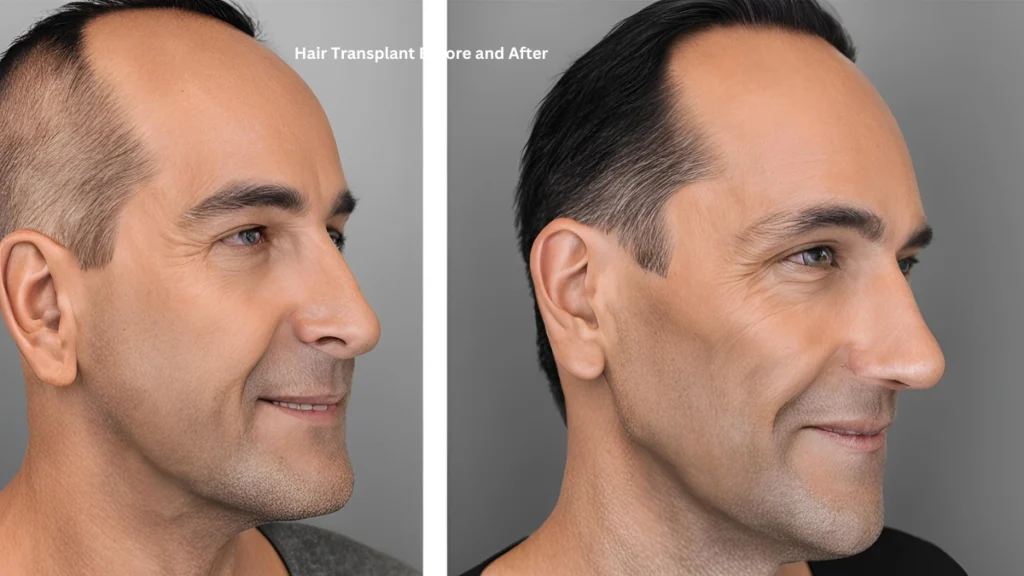
For those considering hair transplants, it’s essential to understand the difference between FUT and FUE.
| Feature | FUT (Follicular Unit Transplantation) | FUE (Follicular Unit Extraction) |
|---|---|---|
| Scarring | Leaves a linear scar | Minimal to no visible scarring |
| Recovery Time | Longer | Shorter |
| Procedure Type | Strip surgery | Individual follicle extraction |
| Natural Appearance | May look less natural | Provides a more natural look |
With advancements in hair restoration, FUE is now the preferred choice, especially for celebrities who prioritize a discreet and effective solution.
Influence of Salman Khan on Hair Restoration Trends
Salman Khan’s hair transplant journey has inspired many individuals, including fellow Bollywood actors and fans, to consider hair restoration.
Other Bollywood Celebrities Rumored to Have Had Hair Transplants:
- Akshay Kumar
- Sanjay Dutt
- Govinda
His successful hair transformation has contributed to reducing the stigma around hair transplants, making it a more widely accepted cosmetic procedure.
Read more: Hair Transplant Before and After
FAQs
1. Did Salman Khan undergo a hair transplant?
There is no official confirmation from Salman Khan regarding whether he has had a hair transplant. However, many people speculate that he may have undergone the procedure, as there has been a noticeable difference in his hairline over time.
2. What is a hair transplant?
A hair transplant is a cosmetic procedure in which hair follicles from one part of the body (usually the back of the head) are moved to a balding or thinning area. This procedure is typically done to restore a natural hairline.
3. How does a hair transplant work?
The most common techniques for hair transplant are Follicular Unit Extraction (FUE) and Follicular Unit Transplantation (FUT). In FUE, individual hair follicles are extracted and transplanted, while in FUT, a strip of scalp is removed, and the follicles are then harvested from that strip.
4. Is hair transplant permanent?
Yes, hair transplant results are generally permanent, as the transplanted hair follicles are taken from areas that are genetically resistant to hair loss.
5. What are the side effects or risks of a hair transplant?
Common side effects include swelling, redness, or scabbing on the scalp. In rare cases, infections, scarring, or unnatural-looking hair growth might occur.
6. How long does it take for the transplanted hair to grow?
It typically takes about 3-4 months for the transplanted hair to start growing, with full results visible after 9-12 months.
7. Is a hair transplant painful?
The procedure itself is generally done under local anesthesia, so it is not painful during the process. Some discomfort or soreness might occur afterward.
8. How much does a hair transplant cost in India?
The cost of a hair transplant in India varies, but it generally ranges from ₹40,000 to ₹2,50,000, depending on the clinic, the number of grafts, and the technique used.
9. What factors affect the success of a hair transplant?
Factors such as the skill of the surgeon, the health of the donor area, the quality of the hair follicles, and post-surgery care can all influence the outcome of the transplant.
10. Do celebrities like Salman Khan get special treatment during a hair transplant?
While celebrities may opt for high-end clinics and experienced surgeons, the hair transplant procedure itself remains the same for everyone, with results primarily depending on individual factors.
Best Hair Transplant in Tamil Nadu: Top Clinics, Cost & Techniques
Hair transplant procedures have become increasingly popular among individuals experiencing hair loss or baldness. Tamil Nadu, particularly Chennai, is home to some of the best hair transplant clinics in India, offering advanced techniques at competitive prices. Choosing the right clinic and doctor is crucial for a successful and natural-looking hair transplant. This article provides a detailed guide on the best hair transplant options in Tamil Nadu, including top clinics, costs, techniques, and recovery tips.
Book Your Consultation Today
Visit Dr. Hanan Dermatology Specialty Clinic in Padur, OMR, Chennai. Schedule your consultation today and start your journey to fuller, healthier hair.
For more information and to book your appointment, visit our clinic or call us at the clinic’s contact details.
Hair Transplant Techniques
Before selecting a clinic, it is essential to understand the different hair transplant techniques available. Each method has its benefits and is suited for different hair loss conditions.
Follicular Unit Extraction (FUE)
- A minimally invasive method where individual hair follicles are extracted and implanted.
- No visible scarring and a faster recovery period.
- Suitable for patients looking for a natural hairline with minimal downtime.
Follicular Unit Transplantation (FUT)
- Involves removing a strip of skin with hair follicles from the donor area.
- Higher graft survival rate but may leave a linear scar.
- Recommended for patients requiring a large number of grafts.
Direct Hair Implantation (DHI)
- An advanced technique where hair follicles are extracted and implanted simultaneously.
- Offers high precision and density.
- Performed with specialized tools for better results.
Robotic Hair Transplant
- Uses AI-powered robotic technology for precise hair follicle extraction and placement.
- Minimizes human error and speeds up the procedure.
- Best suited for individuals looking for a high-tech, minimally invasive approach.
Factors to Consider When Choosing a Hair Transplant Clinic
Choosing the best hair transplant clinic involves several factors:
- Expertise and Experience – Ensure the clinic has experienced surgeons specializing in hair restoration.
- Success Rate and Reviews – Look for patient testimonials and before-and-after images.
- Advanced Technology – Clinics using the latest equipment ensure better results.
- Cost and Affordability – Compare the price based on the number of grafts required.
- Post-Operative Care – Choose a clinic that provides proper follow-up consultations and care.
Top Hair Transplant Clinics in Tamil Nadu
Here are some of the best hair transplant clinics in Tamil Nadu known for their high-quality procedures:
1. DHI India – Chennai
- Specializes in Direct Hair Implantation (DHI) technique.
- Offers natural results with high graft survival rates.
- Personalized treatment plans for every patient.
2. Eugenix Hair Sciences
- One of the leading hair restoration clinics in India.
- Experienced doctors with high success rates.
- Uses advanced techniques to ensure natural hair growth.
3. Tamira Life Clinic
- Provides both FUE and FUT hair transplants.
- High patient satisfaction with skilled dermatologists.
- Offers affordable packages with post-operative care.
4. Hande Hospital
- Known for cost-effective hair transplant procedures.
- Experienced dermatologists and plastic surgeons.
- Provides customized treatment plans.
5. Advanced Grohair Clinic
- Specializes in FUE hair transplants.
- Offers free consultations and affordable pricing.
- Uses the latest technology for precise graft implantation.
6. Pristyn Care
- Nationwide presence with expert hair transplant surgeons.
- Offers minimally invasive hair transplant procedures.
- Focuses on patient safety and post-op recovery.
Cost of Hair Transplant in Tamil Nadu
The cost of a hair transplant varies based on the clinic, technique used, and number of grafts required. On average:
- FUE Hair Transplant – ₹40,000 to ₹1,50,000
- FUT Hair Transplant – ₹30,000 to ₹1,20,000
- DHI Hair Transplant – ₹80,000 to ₹2,50,000
- Robotic Hair Transplant – ₹1,50,000 to ₹3,00,000
Factors affecting cost:
- Number of grafts needed.
- Experience of the surgeon.
- Clinic reputation and location.
- Post-operative care and medications.
Recovery and Post-Transplant Care
After a hair transplant, proper care is essential for optimal results:
- Immediate Aftercare: Avoid touching the scalp, strenuous activities, and sun exposure for at least two weeks.
- Healing Period: Redness and mild swelling are common but subside within a few days.
- Hair Shedding: Transplanted hair may shed after 2-3 weeks before new growth starts.
- Final Results: Noticeable hair growth occurs after 6-12 months.
Success Stories and Patient Testimonials
Many patients have reported positive experiences with hair transplants in Tamil Nadu. Here are some success stories:
- A 35-year-old IT professional from Chennai underwent an FUE transplant and saw significant hair regrowth within 9 months.
- A businessman from Coimbatore opted for the DHI method and achieved a fuller hairline within 6 months.
Conclusion
Choosing the best hair transplant clinic in Tamil Nadu depends on multiple factors, including the technique, doctor expertise, and cost. Clinics like DHI India, Eugenix Hair Sciences, and Tamira Life Clinic offer top-quality procedures with high success rates. If you are considering a hair transplant, consult with a qualified specialist to determine the best treatment for your needs.
Hair Transplant in OMR – Expert Hair Restoration at Dr. Hanan Dermatology Speciality Clinic
Hair Transplant in OMR – Expert Hair Restoration at Dr. Hanan Dermatology Speciality Clinic
Find the best hair transplant clinic in OMR, Chennai for your needs. Chennai dermatologists at Dr. Hanan Clinic share expert tips, advanced techniques, and safety-focused guidance to help you achieve natural, healthy hair restoration.

Table of Contents
Hair Transplant in OMR: Hair loss can impact confidence, appearance, and overall self-esteem. If you are looking for advanced hair transplant solutions in OMR, Chennai, Dr. Hanan Dermatology Speciality Clinic is your trusted destination. Our dermatologist-led clinic combines medical expertise, advanced technology, and patient-centric care to provide safe, natural-looking, and long-lasting hair restoration.
What is Hair Transplant?
Who Needs a Hair Transplant?
Hair transplant is a surgical procedure that moves healthy hair follicles from a donor area (usually the back of the scalp) to areas affected by hair thinning or baldness. Unlike temporary solutions, hair transplant provides permanent results and restores a natural hairline.
At Dr. Hanan Dermatology Speciality Clinic, we use advanced FUE and FUT techniques to ensure minimal downtime, natural growth, and maximum safety.
Hair transplant is suitable for:
Men with male pattern baldness
Women experiencing hair thinning or diffuse hair loss
Patients with scarring alopecia or traction alopecia
Individuals seeking a permanent solution after trying medical treatments
A dermatologist consultation is essential to determine eligibility and select the most appropriate technique.
- Salicylic Acid – unclogs pores and reduces acne.
- Niacinamide – regulates oil and brightens dull skin.
- Tea Tree Extract – antibacterial and calming.
These cleansers are lightweight, refreshing, and keep your pores clear in Chennai’s humid weather.
Read more: Affordable Hair Transplant Options: How to Choose a Best Clinic in Chennai
Hair Transplant Techniques at Dr. Hanan Clinic
FUE (Follicular Unit Extraction)
Individual follicles are harvested from the donor area
Minimally invasive, no linear scar
Faster recovery and natural hairline design
FUT (Follicular Unit Transplant)
Strip of scalp is taken from the donor area
Suitable for patients needing large grafts
Dense and uniform hair coverage
Our dermatologists assess your scalp, donor hair quality, and aesthetic goals to recommend the best approach.
Choosing the Right Clinic in OMR
Hair transplant is a precision procedure, and the results depend on expertise and technology. Here’s why Dr. Hanan Dermatology Speciality Clinic is the preferred choice:
Dermatologist-led procedures for accurate diagnosis and treatment
Sterile, state-of-the-art operation theatre for safe surgery
Advanced FUE and FUT techniques for natural-looking results
Thousands of successful hair restoration cases and satisfied patients
The Hair Transplant Procedure: Step by Step
Consultation & Scalp Analysis: Our dermatologists evaluate hair loss pattern, donor hair quality, and overall scalp health.
Donor Area Harvesting: Hair follicles are carefully extracted using FUE or FUT technique.
Graft Implantation & Hairline Design: Follicles are implanted in the thinning area, creating a natural hairline.
Post-Procedure Care: Patients receive detailed instructions for proper recovery and hair growth.
Benefits of Hair Transplant at Dr. Hanan Clinic
Permanent hair restoration
Natural hairline design that suits your facial features
Minimal downtime and fast recovery
Boost in confidence and self-esteem
Expert medical supervision throughout the process
Recovery and Aftercare
After the procedure, proper care is crucial:
Avoid direct sun exposure and strenuous activity for the first week
Follow prescribed medications to reduce swelling and infection risk
Regular follow-up appointments to monitor hair growth
Visible hair growth usually starts within 3–6 months, with full results in 9–12 months
Cost of Hair Transplant in OMR, Chennai
The cost varies depending on:
Number of grafts required
Technique chosen (FUE vs FUT)
Clinic reputation and expertise
At Dr. Hanan Dermatology Speciality Clinic, we provide affordable hair transplant packages without compromising on safety or quality. Each plan is customized to meet your hair restoration needs.
Why Choose Dr. Hanan Dermatology Speciality Clinic?
Experienced Dermatologists & Trichologists leading every procedure
Advanced FUE & FUT technology for precise and natural results
Ethical & affordable treatment plans
Thousands of successful hair transplant cases in OMR, Chennai
Patient-focused care ensuring comfort, safety, and satisfaction
FAQs
Is hair transplant safe?
Yes, when performed by experienced dermatologists under sterile conditions.
How long does the procedure take?
Typically, 4–8 hours depending on the number of grafts.
When will I see results?
Hair fall reduction starts within 4–8 weeks; visible hair growth in 3–6 months, full results in 9–12 months.
Who is eligible for a hair transplant?
Patients with stable hair loss, good donor hair, and healthy scalp are ideal candidates.
Does it leave scars?
FUE leaves minimal dot-like scars; FUT leaves a linear scar hidden under existing hair.
Book Your Consultation Today!
For Personalised Treatment visit Dr. Hanan Clinic. Feel confident and proud with our expert care.
Hair Transplant Procedure: How Long Does It Take?
Hair Transplant Procedure How Long Does It Take?
Wondering how long a hair transplant procedure takes? Learn the step-by-step process, procedure duration, recovery time, and expert insights for safe, successful hair restoration.
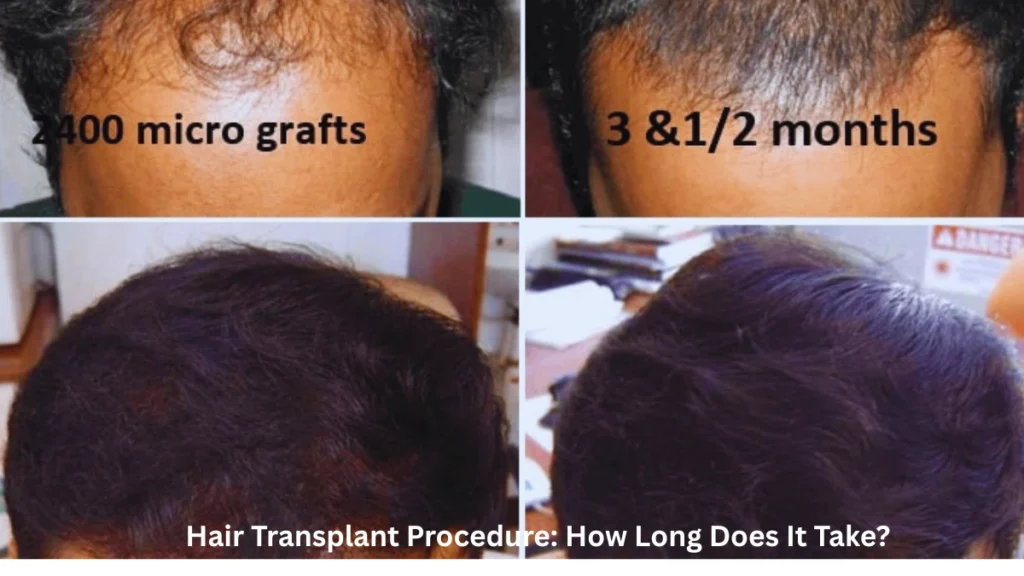
Expert Guide by Dr. Hanan Dermatology Speciality Clinic, Chennai
Hair Transplant Procedure How Long Does It Take: Hair transplant is one of the most effective and permanent solutions for hair loss. A common question most patients ask is, “How long does a hair transplant procedure take?”
At Dr. Hanan Dermatology Speciality Clinic, a leading skin and hair care clinic in Chennai, we believe in setting clear expectations by explaining the procedure, time required, recovery, and results in detail.
What Is a Hair Transplant Procedure?
A hair transplant is a minor surgical procedure where healthy hair follicles are taken from the donor area (usually the back or sides of the scalp) and implanted into areas with hair thinning or baldness. The procedure is performed under local anesthesia and is completely safe when done by experienced dermatologists.
At Dr. Hanan Clinic, all hair transplants are dermatologist-led, ensuring natural results and long-term hair health.
The number of grafts you need directly determines:
- The density of your new hair
- The coverage area (front hairline, crown, or full scalp)
- The cost of the procedure
Types of Hair Transplant Procedures and Time Required
Types of Hair Transplant Procedures
FUE (Follicular Unit Extraction)
FUE is the most commonly preferred technique today.
Individual hair follicles are extracted and implanted
Minimally invasive with no visible linear scar
Procedure duration: 6 to 8 hours, depending on graft count
FUT (Follicular Unit Transplant)
FUT involves removing a strip of scalp from the donor area.
Suitable for patients requiring a large number of grafts
Leaves a thin linear scar hidden under hair
Procedure duration: 4 to 6 hours
Our dermatologists recommend the best technique based on scalp condition, donor hair density, and patient goals.
- Early stages (Norwood 2–3): May need 800–1,500 grafts.
- Moderate baldness (Norwood 4–5): Around 2,000–3,000 grafts.
- Advanced baldness (Norwood 6–7): 3,500–5,000+ grafts may be required.
Factors That Affect Hair Transplant Procedure Time
The duration of a hair transplant procedure varies from patient to patient due to:
Number of grafts required
Size of the bald or thinning area
Hair density and quality of donor area
Technique used (FUE or FUT)
Experience of the surgical team
At Dr. Hanan Dermatology Speciality Clinic, we focus on precision over speed, ensuring every graft is placed accurately for natural growth.
Step-by-Step Timeline of a Hair Transplant Day
Consultation & Scalp Preparation – Hairline planning and anesthesia
Donor Area Extraction – Careful harvesting of hair follicles
Graft Preparation – Sorting and preserving grafts
Hairline Design & Implantation – Natural placement of grafts
Post-Procedure Instructions – Medications and aftercare guidance
The entire process is completed in one day, and patients can go home the same day.
How Long Does Recovery Take After a Hair Transplant?
Day 1–3: Mild swelling or redness may occur
Week 1: Scabs fall off naturally
2–4 weeks: Temporary shedding phase (normal)
3–6 months: New hair growth begins
9–12 months: Full results visible
Our team provides detailed aftercare support to ensure smooth recovery.
When Will You See Final Results?
Hair transplant results require patience. While the procedure takes only a few hours, hair regrowth is gradual. Most patients see noticeable improvement within 6 months, with final results by 12 months.
- FUT (Follicular Unit Transplantation): A strip of skin is removed and divided into grafts. Suitable for higher graft numbers in a single session.
Does Hair Transplant Require Multiple Sessions?
Most patients need only one session. However, multiple sessions may be recommended for:
Extensive baldness
Low donor hair density
Future hair loss planning
Your dermatologist will guide you honestly during consultation.
Is Hair Transplant a One-Day Procedure?
Yes. Hair transplant is a day-care procedure. There is no hospital stay required, and patients can resume light activities within a few days.
Common Myths About Hair Transplant Time
Myth: Hair transplant takes several days
Fact: It is completed in one dayMyth: Hair grows immediately after transplant
Fact: Hair growth takes a few monthsMyth: Long bed rest is required
Fact: Normal routine can resume quickly
That’s why it’s essential to choose an experienced clinic with advanced technology. At Dr. Hanan Dermatology Speciality and Trichology Clinic, we use FDA-approved tools and follow strict protocols to ensure graft survival and natural outcomes.
Frequently Asked Questions
How long does a hair transplant procedure take?
A hair transplant procedure usually takes 4 to 8 hours, depending on the number of grafts required and the technique used (FUE or FUT).
Is hair transplant a one-day procedure?
Yes. Hair transplant is a day-care procedure. Patients can go home the same day without hospital admission.
Does FUE take longer than FUT hair transplant?
Yes. FUE generally takes longer because individual hair follicles are extracted one by one, while FUT involves removing a strip of scalp.
Does the procedure time include consultation and preparation?
Yes. The total time includes consultation, scalp preparation, donor area extraction, graft implantation, and post-procedure instructions.
Is the hair transplant procedure painful?
No. The procedure is performed under local anesthesia, so patients experience minimal discomfort.
How long does recovery take after a hair transplant?
Initial recovery takes about 7 to 10 days. Mild redness or scabbing subsides within a week, and normal routine can be resumed soon after.
When will hair start growing after the transplant?
New hair growth usually begins after 3 to 4 months, with visible improvement by 6 months and full results in 9 to 12 months.
Can I return to work immediately after a hair transplant?
Most patients can return to work within 2 to 3 days, depending on the nature of their job.
Does everyone need multiple hair transplant sessions?
No. Most patients require only one session. Multiple sessions may be needed for extensive baldness or future hair loss planning.
What factors affect the duration of a hair transplant?
The number of grafts, bald area size, donor hair density, technique used, and surgeon’s expertise all affect procedure time.
Is hair transplant safe when done in a single long session?
Yes. When performed by experienced dermatologists in a medically equipped clinic, long sessions are safe and well-tolerated.
Why choose Dr. Hanan Dermatology Speciality Clinic for hair transplant?
Dr. Hanan Clinic offers dermatologist-led procedures, advanced FUE & FUT techniques, ethical pricing, and proven natural results, making it a trusted hair transplant clinic in Chennai.
Book Your Consultation Today!
For Personalised Treatment visit Dr. Hanan Clinic. Feel confident and proud with our expert care.
Table of Contents
Hardik Pandya Hair Transplant – Insights and Inspiration
Hardik Pandya Hair Transplant – Insights and Inspiration
Learn how Hardik Pandya likely restored his hair with expert hair transplant techniques. Discover procedure insights, recovery tips, and what to look for in a safe, dermatologist-led clinic like Dr. Hanan Dermatology Speciality Clinic, Chennai.
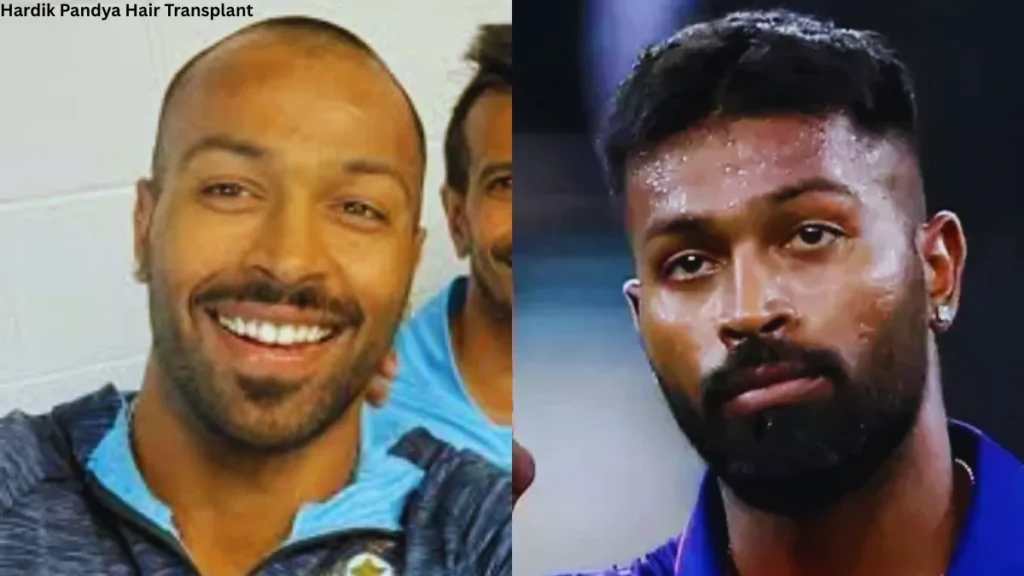
Table of Contents
Hardik Pandya Hair Transplant: Hair loss is a concern for many men, and celebrity transformations often spark interest and awareness. One such example is Hardik Pandya, the Indian cricket all-rounder, who is widely believed to have undergone a successful hair transplant, likely using the FUE (Follicular Unit Extraction) technique. While Pandya has not officially confirmed it, his visible hairline restoration and improved density have inspired many men to explore modern hair restoration solutions.
At Dr. Hanan Dermatology Speciality Clinic, we offer dermatologist-led hair transplant procedures in Chennai, helping patients achieve natural, lasting results safely and affordably.
Who is Hardik Pandya?
Hardik Pandya is a prominent Indian cricketer known for his all-rounder capabilities and dynamic presence on the field. His youthful appearance and public image make hair loss more noticeable, which is why his hair restoration journey has attracted significant attention. His transformation serves as both a success story and an educational example for men experiencing early hair loss.
Early Signs of Hair Loss
Experts suggest that Pandya addressed early-stage hair thinning or Grade 2 hair loss. Early intervention is crucial because:
It allows for better graft placement and natural hairline design
It ensures higher success rates with minimal procedures
It demonstrates the effectiveness of preventive hair care combined with transplantation
Hair Transplant Method Likely Used
FUE (Follicular Unit Extraction)
Individual hair follicles are harvested from a healthy donor area
Minimally invasive with no linear scarring
Offers natural-looking results and faster recovery
Graft Count & Focus Area
Estimated 1,500 grafts were transplanted
Focused mainly on the frontal hairline for a youthful appearance
At Dr. Hanan Clinic, we use the latest FUE and FUT techniques, tailoring each procedure based on hair density, donor quality, and aesthetic goals.
Donor Area & Procedure Success
A healthy donor area is critical for transplant success. Pandya’s transformation highlights the importance of:
Sufficient hair density in the donor region
Experienced surgeons for precise graft extraction and placement
Post-procedure care for optimal recovery and hair growth
Our team ensures comfortable, safe, and effective hair transplant procedures for every patient.
Results & Visual Transformation
Hardik Pandya’s likely hair transplant resulted in:
Improved hair density
Restored natural hairline
Enhanced confidence both on and off the cricket field
While unofficial, his case is widely cited as an example of how modern hair transplant techniques can deliver permanent and aesthetically pleasing results.
Why Hardik Pandya’s Hair Transplant is Inspiring
Encourages Early Action: Shows the benefits of addressing hair loss before it becomes severe
Highlights Modern Techniques: FUE and FUT offer safe, minimally invasive, natural results
Celebrity Influence: Inspires others to explore dermatologist-led hair restoration safely
Lessons for Patients Considering Hair Transplant
Consult experienced dermatologists to determine suitability and technique
Evaluate donor hair quality and hair loss stage
Understand recovery timelines and realistic outcomes
Prioritize safe and certified clinics over low-cost options
At Dr. Hanan Dermatology Speciality Clinic, our team ensures a personalized, medically guided approach for every hair transplant patient.
Scalp massages improve circulation. Some clinical solutions like PRP therapy also stimulate hair regrowth (read more about PRP Treatment for Hair Loss in Chennai
FAQs
Did Hardik Pandya confirm his hair transplant?
No official confirmation exists, but visual transformation and expert analysis suggest he underwent a successful hair transplant.
Which hair transplant technique is believed to be used?
Experts indicate the FUE (Follicular Unit Extraction) method for its natural-looking results and minimal scarring.
How many grafts were likely transplanted?
Around 1,500 grafts are estimated, primarily targeting the frontal hairline for a youthful appearance.
When is the right time to consider a hair transplant?
Early intervention, such as during Grade 2 hair loss, ensures better results, optimal graft placement, and natural hairline design.
How long does a hair transplant procedure take?
Typically, it takes 4–8 hours depending on the technique and number of grafts.
Is the hair transplant procedure painful?
No, the procedure is performed under local anesthesia, so discomfort is minimal.
How long does recovery take?
Initial recovery is around 7–10 days, with new hair growth usually starting in 3–4 months and full results visible by 9–12 months.
Can young men undergo hair transplant like Pandya?
Yes. Men with early hair thinning or receding hairlines can benefit from dermatologist-led procedures.
Why is donor area quality important?
A healthy donor area ensures successful graft extraction, natural growth, and long-lasting results.
Why choose a dermatologist-led clinic like Dr. Hanan Dermatology Speciality Clinic?
Dermatologist-led clinics ensure safe procedures, precise graft placement, natural outcomes, and professional post-procedure care.
If you’re noticing persistent hair fall, thinning, or scalp issues, your best step is to consult a specialist. At Dr. Hanan Dermatology Speciality and Trichology Clinic, we combine medical expertise with patient education – helping you care for your hair every day.
Book Your Consultation Today!
For Personalised Treatment visit Dr. Hanan Clinic. Feel confident and proud with our expert care.

